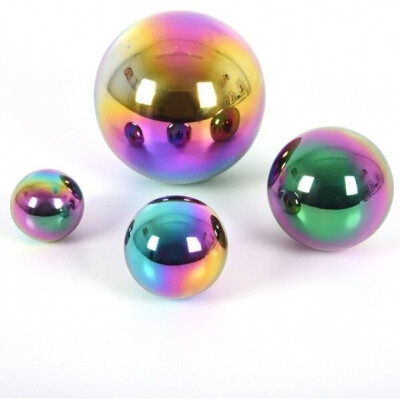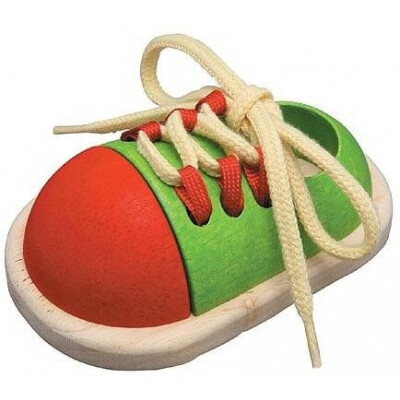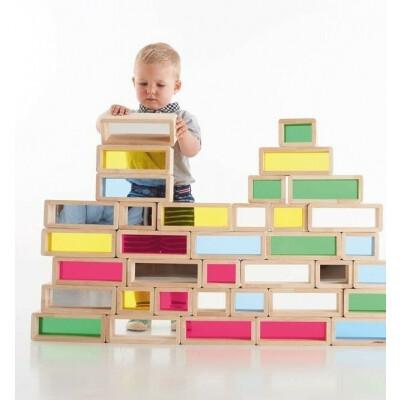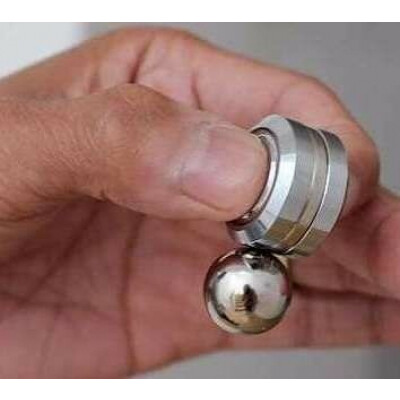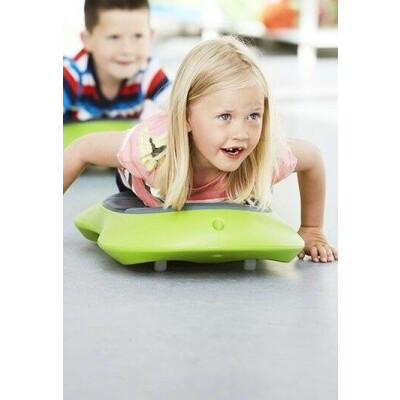Multi-Activities
Multi activities toys
Our quality of life is partly determined by how well we spend our time. We get satisfaction from our work, from caring for our children, we can enjoy a movie night...Also, people with disabilities need meaningful daytime activities. Research has adequately shown that involvement in stimulating activities, in which the clients themselves experience influence, is one of the determining factors for their perceived quality of life.
Activities can help to give structure and rhythm to the day, they provide variety, evoke positive feelings and can help prevent negative feelings (in extremis leading to problem behavior), one gets the chance to participate in society... and in short, the chance to have fun.
Often, the activities on offer are not very varied. Most of the activities are body-related, focused on the 'normal' experience of the atmosphere, passive in nature and with little or no possibility of personal choice and influence, little developmental, neither functional nor age-appropriate, rarely work-related, and often not situated in society...
Therefore, we have tried to inspire practice with this activity guide and have tried to include a rich 'palette' of activities.
Does this mean that carrying out the activities listed one by one guarantee that your child or client will receive a quality range of activities? Of course not... good activities stand or fall with good planning, a systematic and goal-oriented approach, quality interaction during the activity itself, and, finally, a good adaptation to the individual with whom you are 'working'!
We distinguish the following activities:
- Relaxation and Concentration activities: In fact, relaxing means nothing more than to come to rest, both mentally and physically. You can learn techniques or use tools to do this
- Body-oriented activities: These are activities that focus primarily on body experiences. Feeling, looking, tasting, smelling, hearing... All the senses are engaged.
- Task-oriented activities: These are activities that are part of daily activities. These include grooming moments, getting dressed, meals, etc. These moments recur every day and take up a lot of time. However, you can also turn these moments into something fun and stimulating.
- Games and play activities: These are activities in which adapted toys are used or games are played.
- Artistic and creative activities: We appeal to the creativity and artistry of the participants (music, drama, creating works of art...).
- Technology: Nowadays there is a lot of assistive technology, which gives people with severe multiple disabilities more opportunities to influence their environment. Here are some examples of how this technology can support daycare.
You have to organize and carry out the activities yourself. Per Sempre Toys tries to support you with a carefully selected range of toys and aids for special children and special people.

